Inside: Learn how to organize paperwork, what to keep and what to toss, and paper clutter solutions for the long-term.
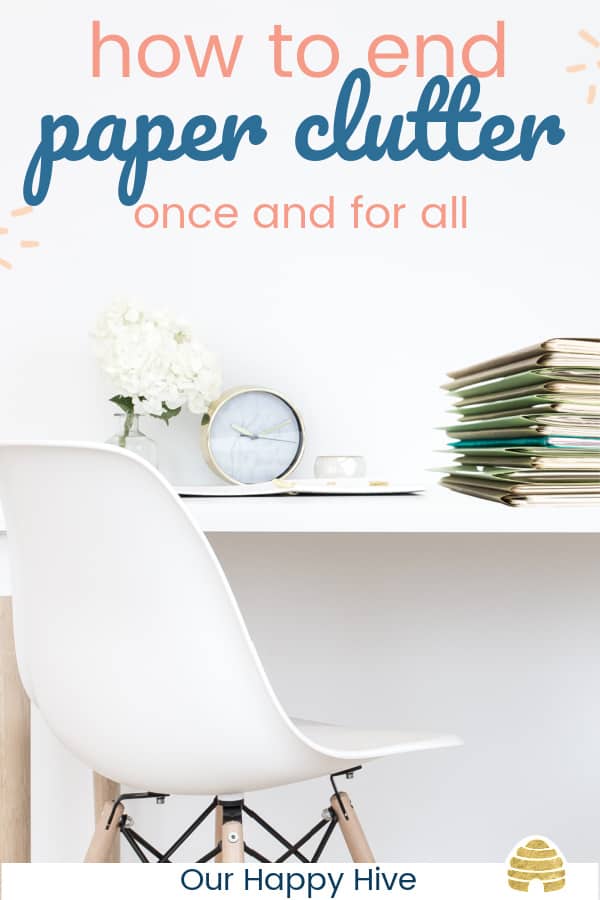
Have you ever had to look for an important receipt or family record and were left scratching your head as to where you could have left it?
Do you get tired of shuffling piles around your kitchen counter or office desk?
Maybe you’re unsure of how long to hold onto important documents. And keep them just in case the IRS calls one day.
If any of these common struggles resonate with you, read on…I’ve got simple paper clutter solutions for you!
The Problem with Paper Clutter
It can cost you money…real money.
Recently our Costco membership expired. It was time to renew and thankfully we had a check from our previous year’s membership benefits that would cover the cost. But the check was sent a couple of months before our membership expired.
You can probably guess what happened next. Said check was shuffled around on my desk week after week. When it was time go renew, I had no idea where it actually was!
In addition to all of the junk mail you have to sort through, important financial documents land in your mail box. Things like your insurance card that you need to put in your vehicle. Property tax invoices. Or physical checks from a tax return.
If you don’t have a system in place to file or more importantly, take action on these documents. They can cost you lost income or fines. Eek! No one wants that!
Paper Clutter can also cost you time
How many times have you shuffled through the same pile looking for a bill, a kid’s school paper, or even an address so that you can send a Christmas card.
Allowing paperwork to become a monster will steal valuable time.
The Paper Clutter Trap
It seems, paper attracts more paper and they multiply. There are likely, areas in your home that collect all of the random pieces of mail, receipts, and important correspondence from who knows where!
Who’s got time for a paper chase.
Read on to learn what to keep what to toss. We’ll also talk about a process for staying on top of this highly undesirable paper clutter!
Step 1: Get Rid of Paper Clutter First
You can tackle paper clutter in a number of ways. If you have several piles of papers in various places throughout your house, you can start one room or one pile at a time. Alternatively, you can centralize the paper clutter and take it on all at once. I’m a take it on all at once kind of girl, so I gather the pile from the kitchen and the 107 piles in my office and take it all on at the same time!
In order to deal with the mess, you need to sort it into the following piles:
- Act – anything that requires action, pay, follow-up, calls, etc.
- File – anything that is worthy of being kept for a month or more and you want to put in a specified location like a file, binder, or box/tray
- Toss – documents that do not contain personal information and that you want to get rid of (refer to the list below to see what items you should keep)
- Shred – Sensitive documents that contain personal or financial information, but that you do not need to keep
Items that land in the Act pile need to be acted on as soon as possible. Pay the bill, Call the Person, Respond to the request. More on this later!
Paper clutter what to keep what to toss
Important Papers To Keep
Check out the infographic later in this post for a list of how long to keep various documents. You can download the graphic at the end of the post!
Step 2: How to Organize Paperwork
For the Papers that landed in the “File” pile, you’ll want a system to store them. Let’s talk about how to store and how to sort this group.
How to store:
There are many different ways you can store papers. Some people prefer a decorative box with a label. Other’s like to make binders with a specific focus. Traditional file cabinets are still a go-to for many people. Also, if you’re technically savvy, you may prefer to go paperless altogether and use a scanner.
For sensitive documents, you may want to store them in a fireproof box or even a safety deposit box at a bank.
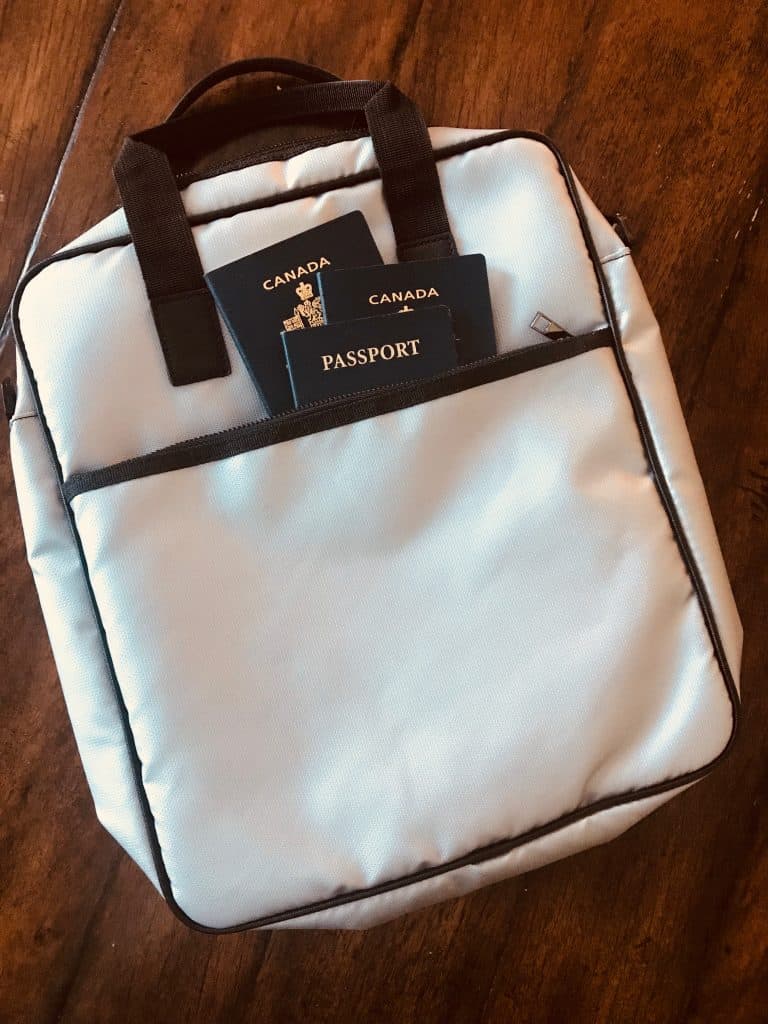
Paper Organization Categories:
Once you’ve given some thought as to how you’re going to store your documents, consider how you’ll organize them. Below is a list of common categories with the types of documents you’d find in each.
Personal Records – Insurance records, Birth certificates, Death certificates, Marriage certificates, divorce decrees, Social Security / Social Insurance cards, Military discharge papers, ID cards, and Passports, Wills, Educational records, Life Insurance policies, Power of attorney, and Inventory of your safe deposit box
Home Records – Mortgage statements*, Insurance records, Mortgages, Home improvement receipts, Property agreements, Manuals*, Warranties + receipts, Property tax assessments, Appraisals
Auto Records – Titles, Maintenance records, Mileage records, Insurance
Financial Records – Receipts (especially deductible items and charitable contributions), Deposits / ATM Slips, Credit card statements*, Billing statements, Checkbook ledgers, Pay stubs*, Business / Income documents, Tax returns*, Tax forms*, Medical bills*, Contracts, Tax deductions documentations, Real estate records, Investment statements*, Receipts for major purchases, Retirement plan / Pension plan records*, Certificates for stocks and savings bonds
Medical Records – Medical statements, Doctor/dentist bills, Immunization records, Family medical history, Insurance claims, medical records
* where possible, keep electronic copies instead of paper
Whether you’re using a box, bin, binder, or file, to organize your papers, be sure to label them so that you can easily locate it when you need to retrieve something or file away more paperwork.
Step 3: Getting Rid of Unnecessary Paper Clutter (Toss and Shred)
At this point, you are through the hardest part. You’ve already sorted all of your paper clutter and you’ve filed your most important document. THIS is the easy part!
What Papers to Get Rid Of
When I moved to Canada, I packed all of my belongings including my file cabinet, and put them in a moving truck to go cross-country. This was the first time in my adult life to sort through papers that I thought I was required by law to save including tax documents that were 10+ years old and years of credit card and bank statements. I was shocked to learn that I didn’t need to hold on to all of this paper clutter! It was so freeing to shred unnecessary documents.
Check out this chart for how long you need to keep specific documents. Note, these are general guidelines. If you have a unique situation, you should contact your attorney or accountant. As a general rule, if you have a question about it, it’s better to save the document and not get rid of it.
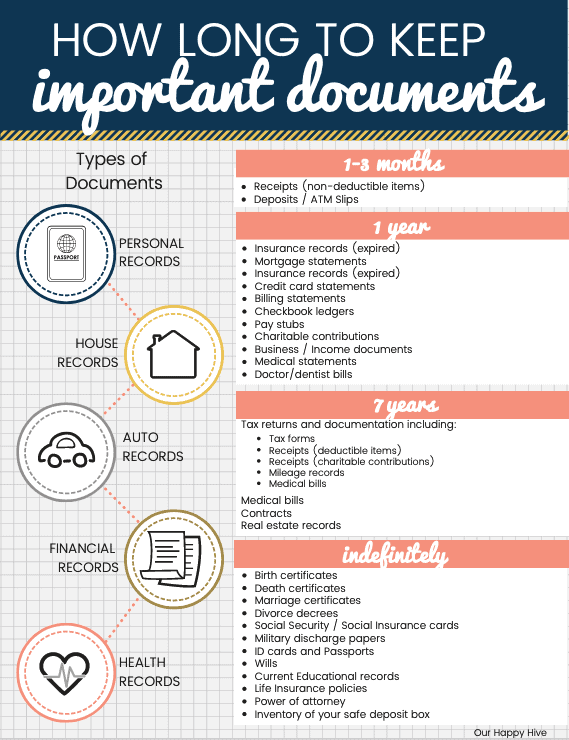
Download this chart at the end of the post. FREE with a subscription to the FREE-BEE Library!If you don’t already have a shredder, you can get one for as little as $30 from Amazon or Staples. If you have a huge number of documents, you can take them to office stores like Staples can shred them for you. They typically charge by the pound. Finally, in some cities, there are services that are offered once a month or every few months where you can take your documents and they will shred them for you on the spot in an industrial shredder. I did this before my move to Canada and bonus… the service was free! If you have a lot to shred it is worth it to look into resources in your community!
How to Maintain Paper Organization
Now that you’ve gone through all of the paper clutter, it’s time to put in place an easy way to maintain and organize important papers. Check out these important tips!
- Designate one place in your home to store your important papers
- Establish a regular time to address your incoming documents (I find weekly is ideal for our family)
- Implement the one-and-done rule. Touch your paper only once. During your specified time, open it and sort into Act, File, Toss, or Shred. Immediately File, Toss, or Shred anything in those piles. Then, be sure to take action within 24 hours on anything that goes in the Act pile. This includes paying bills, making phone calls, or following up with correspondence.
- Purge regularly – Get rid of things as time passes e.g. when you add a new year’s tax documentation, shred the returns from 8 years prior so that you are only holding onto the most recent 7 years.
- Go electronic where possible. Scan receipts or tax documents or get electronic versions of manuals online instead of keeping the paper version.
Paper becomes magnetic and before you know it, a huge pile is attracted to one or more spots in your home. If you don’t manage your paper clutter regularly it can become unruly. Implement these super simple ways to end paper clutter including the steps to Act, File, Toss or Shred and the 5 Easy Paper Management Tips and paper clutter will soon be a thing of the past!



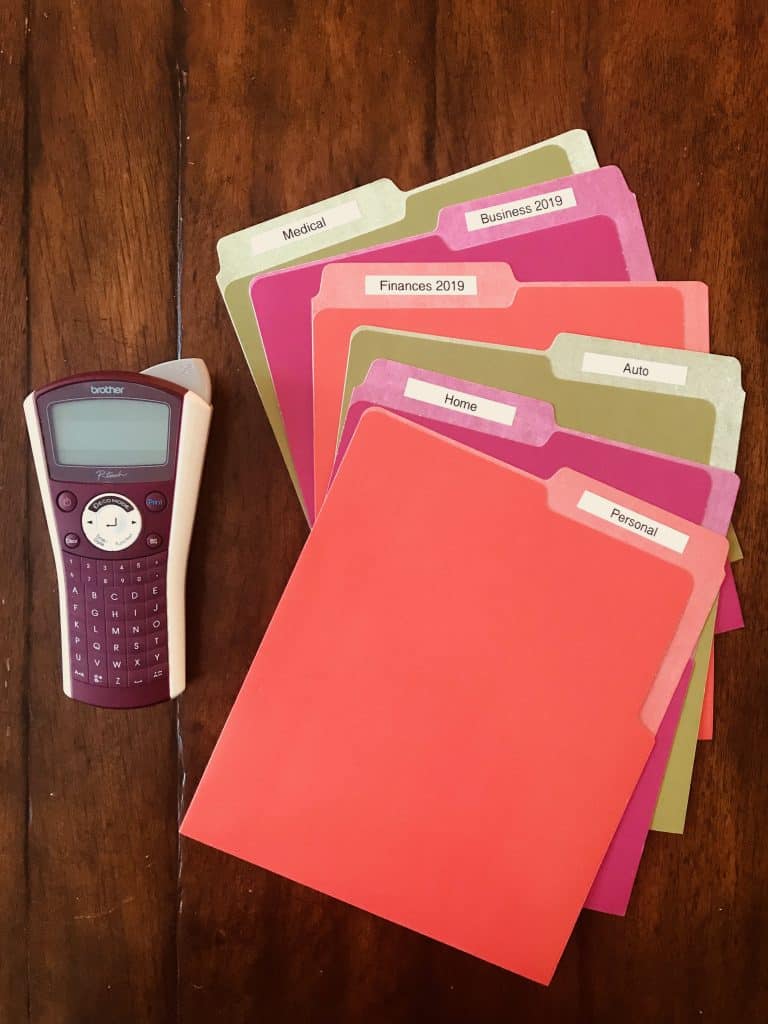
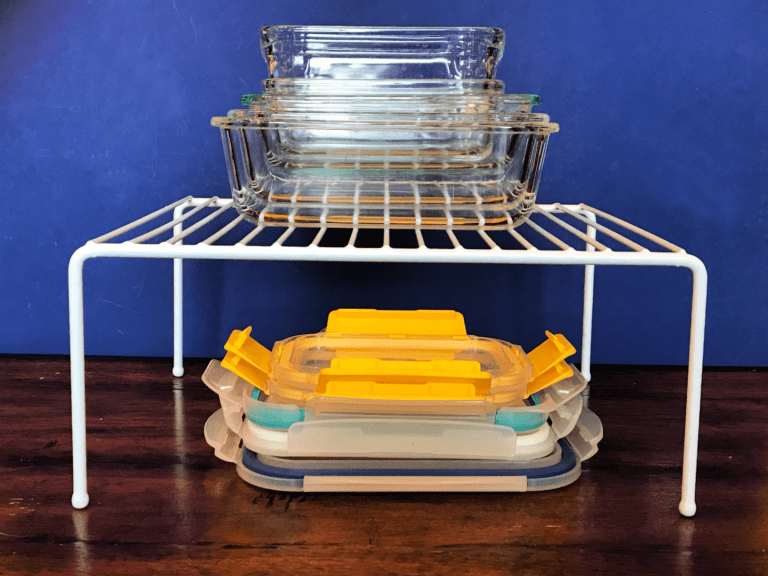

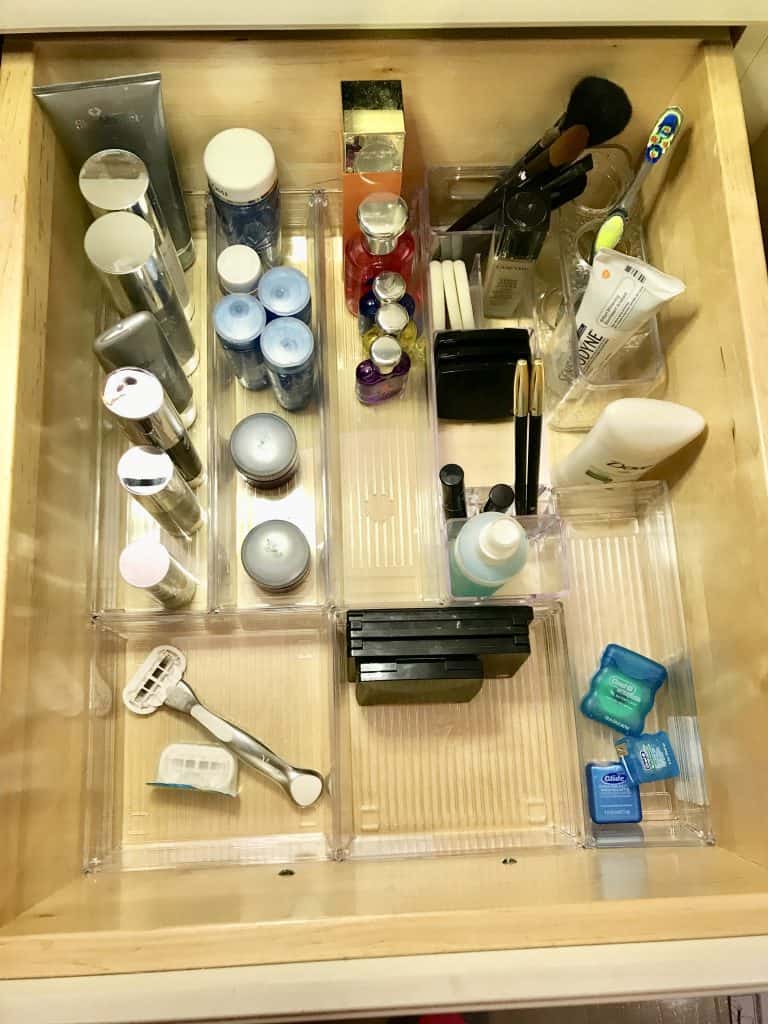


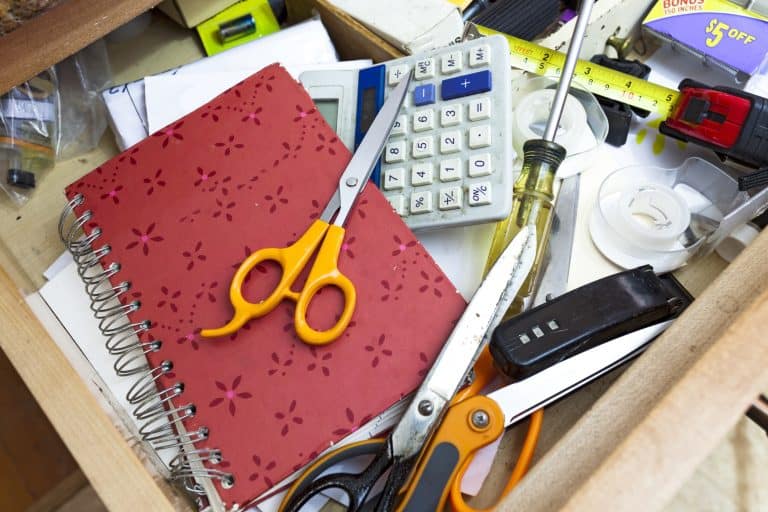
Useful ideas Thank you.